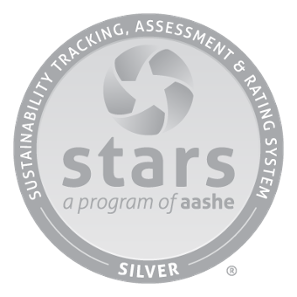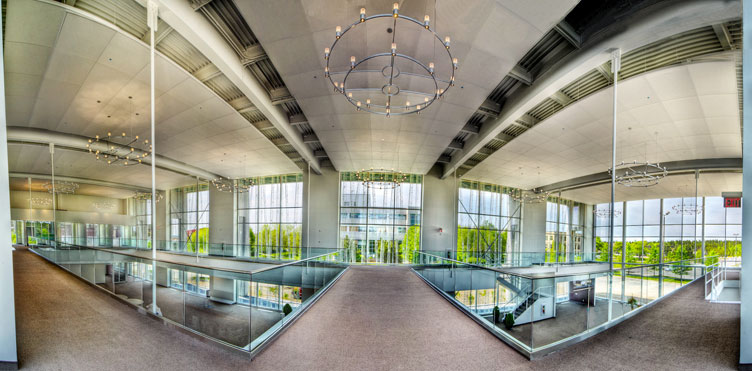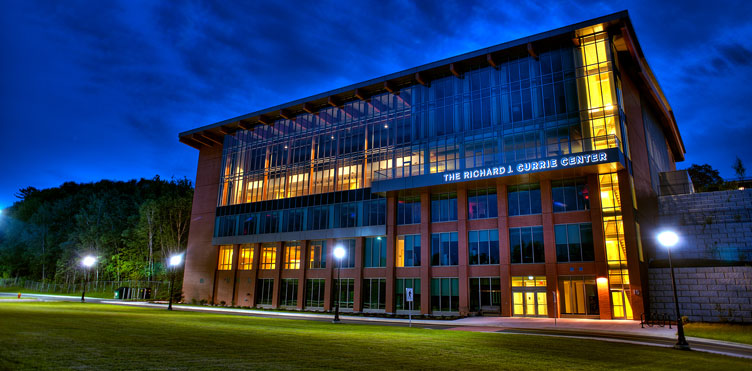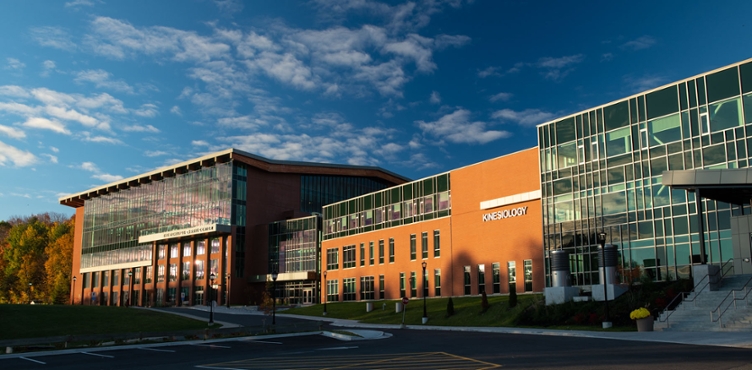Certifications
STARS certification
The Sustainability Tracking, Assessment and Rating System (STARS), a program of the Association for the Advancement of Sustainability in Higher Education (AASHE), is used for measuring sustainability at UNB. STARS is a transparent, self-reporting, sustainable assessment tool for universities and colleges, that has been used by over 900 institutions worldwide.

The following are a few of the actions that contributed to UNB Fredericton achieving a Silver STARS rating:
- Offering undergraduate and graduate environmental programs that teach students to manage environmental and natural resources sustainably.
- Engaging students in sustainability programing such as the Residence Energy Challenge, Campus Sustainability Week, Green Representatives program, etc.
- Converting campus buildings to LED lighting, and reducing energy consumption.
The STARS rating that UNB receives gives recognition of our sustainability efforts, representing, not replacing, the goal of becoming a sustainable institution.

LEED certification
LEED (Leadership in Energy and Environmental Design) is an industry building rating system that is recognized as the international mark of excellence for green buildings in over 132 countries. The LEED rating system evaluates six aspects of building design and construction: site development, water efficiency, energy efficiency, materials used, indoor environmental quality, and innovation. There are four possible levels of certification through LEED: certified, silver, gold and platinum.
The Hans W. Klohn Commons building on the University of New Brunswick Saint John campus has achieved LEED gold certification. The design and construction of the Commons has resulted in a number of environmental efficiencies and cost savings to the university, which ultimately led to the gold certification. These include:
- 140 tonnes of CO2 per year of GHG emissions saved, the equivalent to taking 30 SUVs off the road;
- 58 per cent reduction in potable water use, equivalent to 1,800,000L per year equivalent or almost 6,500 bathtubs of water each year. LEED requires a minimum 20 per cent reduction in water use;
- 47 per cent reduction in energy costs, 380,000 kWh per year of energy savings equivalent to the energy used by 13 single-family dwellings. LEED requires at least a 25 per cent consumption reduction over the Model National Energy Code for Buildings referenced to building;
- 150 tonnes of construction waste diverted from the landfill or 93.7 per cent of waste diversion from landfills. LEED requires a 50 per cent diversion; and
- 90 per cent of indoor areas have direct sightlines to daylight and views.
The Hans W. Klohn Commons is one of only five LEED NC GOLD certified projects in New Brunswick and the only university building in New Brunswick with any level of LEED certification. The Commons opened in September 2011 and is the essential gathering place for students on the UNB Saint John campus. It offers the latest in technology, writing and library services, as well as high-quality learning and research facilities.

BOMA BESt certification
Building Environmental Standards (BESt) is a national program that was launched in 2005 by the Building Owners and Managers Association (BOMA). The program addresses the necessity for standards concerning energy and environmental performance of existing buildings. It operates through an assessment and certification process, focusing on the following six key areas of environmental performance: energy, water, waste reduction and site enhancement, emissions and effluents, indoor environment and air quality, and environmental management systems. Through this process, BOMA BESt hopes to transform buildings into environmentally responsible assets.
The University of New Brunswick is committed to improving the campus through environmentally conscious and sustainable measures. With the use of the BOMA BESt program, registered buildings receive a certification score as well as recommendations for improvement. This leverages an understanding of how buildings are performing and indicates opportunities for improvement.
UNB Fredericton has received the following certification scores:
- Richard J. Currie Center: Gold Certification (84%)
- Facilities Management: Gold Certification (80%)
- MacLaggan Hall: Gold Certification (80%)
- Head Hall: Silver Certification (79%)
- Student Union Building: Silver Certification (75%)
- Neville Jones House: Silver Certification (74%)
- F.J. Toole Hall: Silver Certication (74%)
- Faculty of Law building: Silver Certification (73%)
- Forestry and Geology: Silver Certification (73%)
- Marshall D’Avray Hall: Silver Certification (71%)
- Harriet Irving Library: Bronze Certification (69%)

